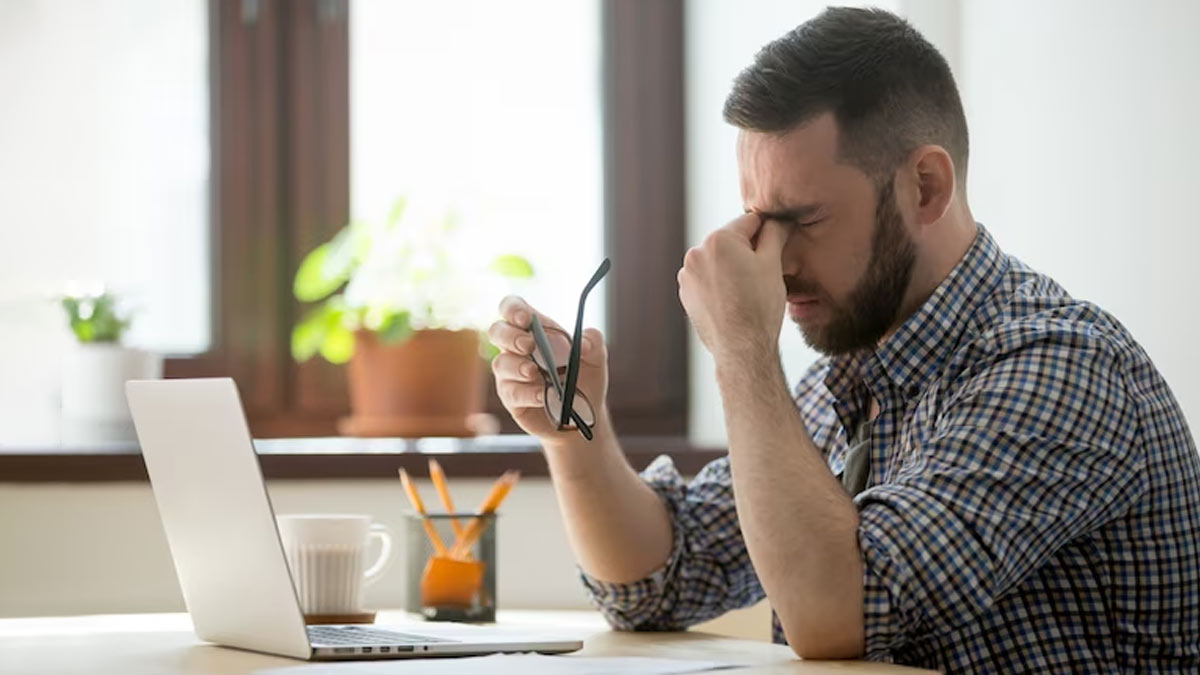
Stress is an inevitable part of life, but when it becomes overwhelming, it can take a toll on your physical well-being. Being aware of the physical symptoms associated with stress is crucial for managing it effectively.
Table of Content:-
Common Physical Symptoms of Stress
Here are some common signs that your body might be under stress:
1. Headaches
Stress can trigger tension headaches and migraines, causing persistent pain and discomfort.
2. Muscle Tension
Chronic stress can lead to muscle stiffness and tension, especially in the neck, shoulders, and back.
3. Fatigue
Feeling constantly tired and lacking energy, even after a full night's sleep, is a common symptom of stress.
4. Insomnia
Difficulty falling asleep or staying asleep can be a result of an overactive mind due to stress and anxiety.

Also Read: Can Music Be the Ultimate Stress Buster? Find Out Here
5. Digestive Issues
Stress can affect your digestive system, causing symptoms like stomach cramps, bloating, constipation, or diarrhoea.
6. Changes in Appetite
Stress might lead to changes in eating habits, resulting in overeating or loss of appetite.
7. Weakened Immune System
Prolonged stress can weaken the immune system, making you more susceptible to illnesses.

Also Read: Can Music Be the Ultimate Stress Buster? Find Out Here
8. Rapid Heartbeat
Stress can elevate your heart rate, leading to palpitations and discomfort in the chest area.
9. Skin Problem
Stress may exacerbate skin conditions like acne, eczema, or psoriasis, and can also lead to unexplained rashes.
10. Shortness of Breath
Stress and anxiety can cause a feeling of breathlessness or difficulty in breathing.
Recognising these physical symptoms is the first step towards managing stress. Engaging in relaxation techniques such as deep breathing, meditation, regular exercise, and seeking support from friends, family, or professionals can significantly alleviate stress and improve your overall well-being. Remember, taking care of your mental health is just as important as taking care of your physical health.
Also watch this video
Read Next
What Is Silent Walking? Here’s How This Research-Backed TikTok Trend Can Help You Deal With Stress
How we keep this article up to date:
We work with experts and keep a close eye on the latest in health and wellness. Whenever there is a new research or helpful information, we update our articles with accurate and useful advice.
Current Version